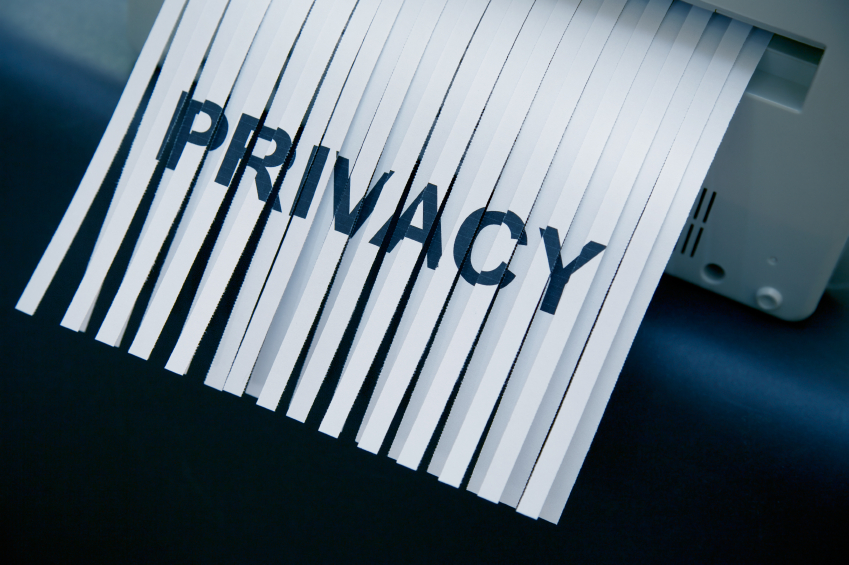
“Revenge porn” isn’t a pleasant subject. But it is pervasive on the Internet, and wreaks havoc, fear and shame for victims. (So is harassment, blackmail and extortion, all related crimes.) If you face such a crisis, The New Yorker’s article about Carrie Goldberg, a New York City attorney specializing in sexual privacy, will help you to understand how to navigate it.
Here are key takeaways relating to the legal aspects of fighting such an invasion:
- Thirty-four states and the District of Columbia have adopted nonconsensual-porn laws.
- Using copyright law to combat revenge porn is a commonly used tactic, because copyright is one of the only restrictions that the Internet respects.
- Since images proliferate swiftly online, takedown notices have to be filed with each site separately — and as quickly as victims can once they learn of their existence.
- A criminal case can be filed against some perpetrators, charging them with invasion of privacy in the third degree.
Extensive information for victims, with action steps they can take, are available at the resources section of Carrie Goldberg’s website.
Related reading: What to Do When You Are the Victim of Online Defamation, How Google’s Content Removal Request Process Works.


